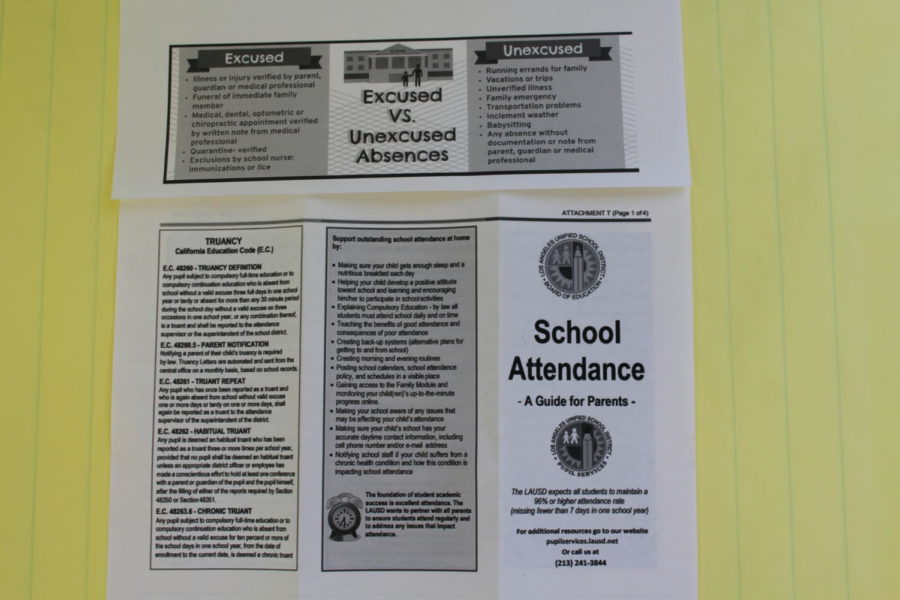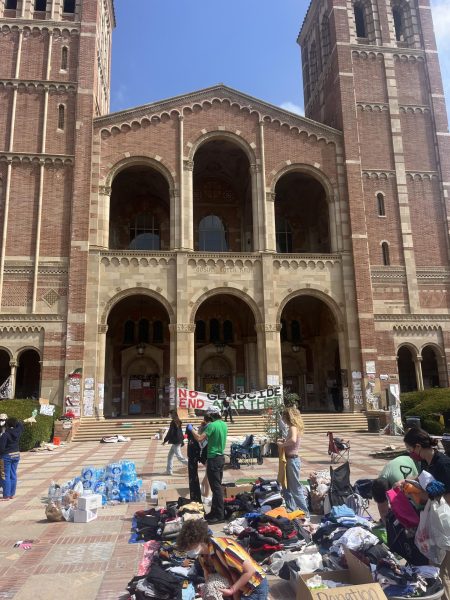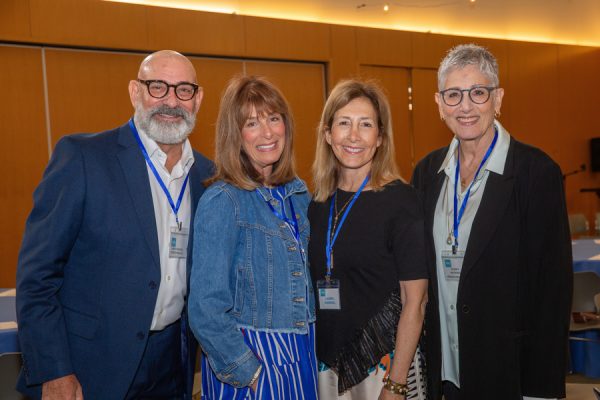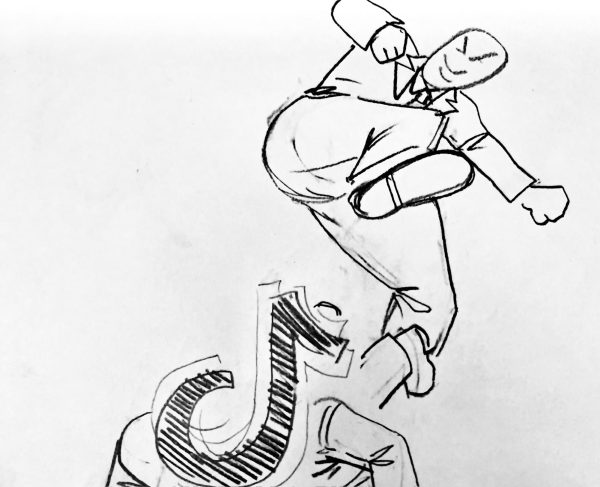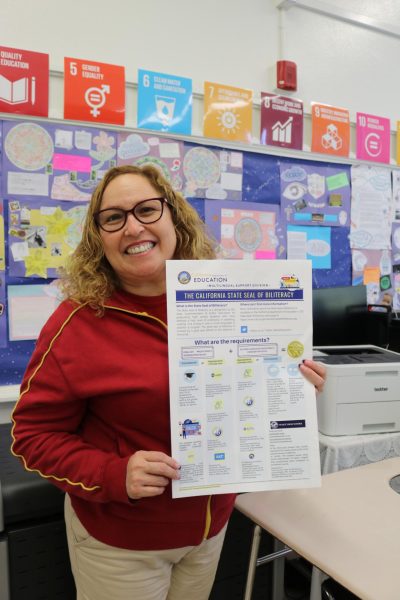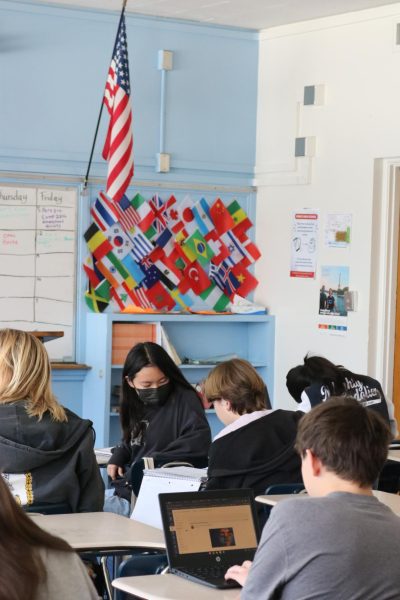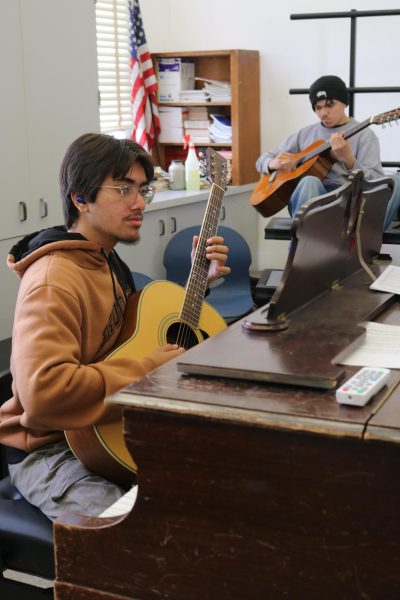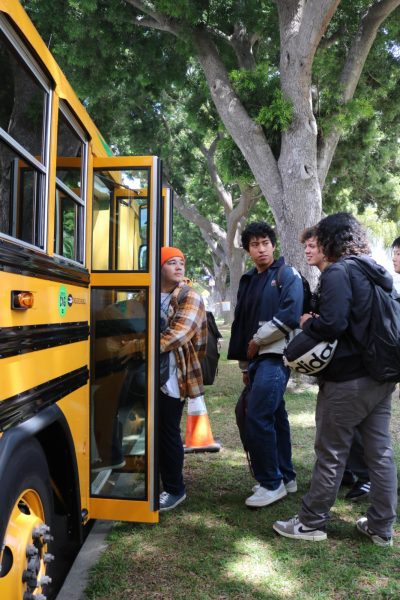Venice High Will Stack Up on Counseling to Assist Students Amid Spike in Chronic Absences
May 11, 2022
Due to a high rate of chronic absences, Venice High will make additions to its counseling staff to assist students struggling as a result of poor attendance.
Starting next school year, Venice will welcome two new members to its counseling team. The school is expected to gain a second attendance counselor and a third psychiatric social worker.
According to assistant principal Mariana Kayichian—who also oversees counseling—such additions to the school staff will provide students with poor attendance the support needed to succeed in school.
“It is shown through research that attendance is a huge indicator of student success,” Kayichian said.
She said that frequently absent students face not only academic, but great socio-emotional challenges that often require additional professional support.
“If students are missing a lot of school, they are missing a lot of engagement and instructional time,” she said. “This can be extremely overwhelming—especially if it’s a long absence,” said Kayichian. “So we want to make sure that we are here for our students and that they can get all the counseling and support they need.”
Nearly one third of the student body have been chronically absent this year at Venice High, according to attendance counselor Patricia Austin. This means that around 30 percent of the students have missed more than 10 percent of instruction this academic year.
Such numbers of absences are not unique to Venice. According to data published by the L.A. Times, the pattern of chronic absences can be seen throughout the entire school district—with COVID-19 being the main reason behind a decrease in attendance.
Austin said the school has seen a spike in chronic absences of over 20 percent ever since the school returned to full in-person instruction.
“We went from seven to 10 percent of students being chronically absent in previous years to around 30 percent this year,” she said.
Austin said that the spike in chronic absences is a direct result of COVID-19, and once the pandemic is over, attendance rates should go up again.
“It’s not like the students are constantly truant,” she said. “We’ve seen the most absences right after coming back from winter break and the district excused COVID-19 absences. I believe next year, if the pandemic is settled, attendance should even itself out.”
According to Dual Language and Sports Medicine Academy counselor Iman Esmail, navigating lengthy absences and processing the pandemic can turn school into a burden without proper counseling.
“We want to make sure that students still feel connected to the school even if they have been absent for a while,” she said. “We provide resources, communicate with teachers, connect students with tutors, and do everything in our power to make sure that a student doesn’t feel like they are falling behind.”
Esmail added that it is crucial that counselors and psychiatric social workers are always available for students to talk to because they can provide a safe place for students that need it.
“It is important for students to be able to talk to psychiatric social workers that can help them open up about their socio-emotional needs,” she said. “My room is always open if any students need to talk or get something off their chest. Whether they’ve been sick or have lost someone they love, students need to have a place where they feel comfortable and supported.”

